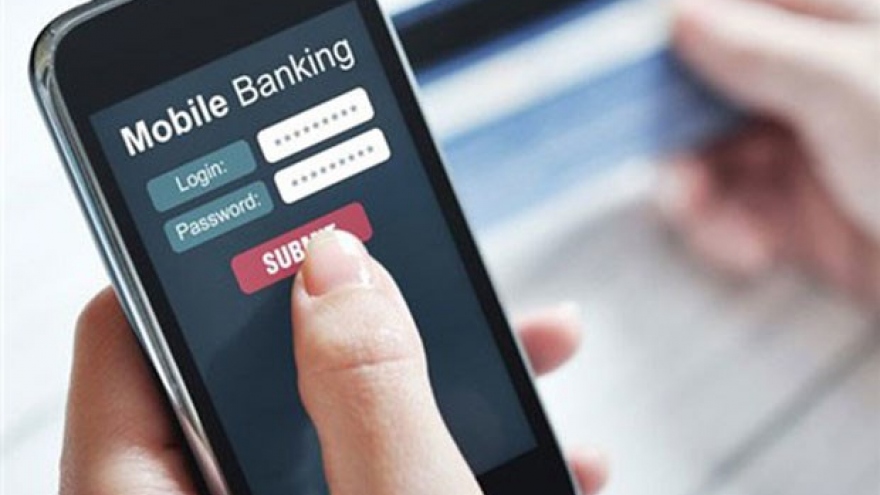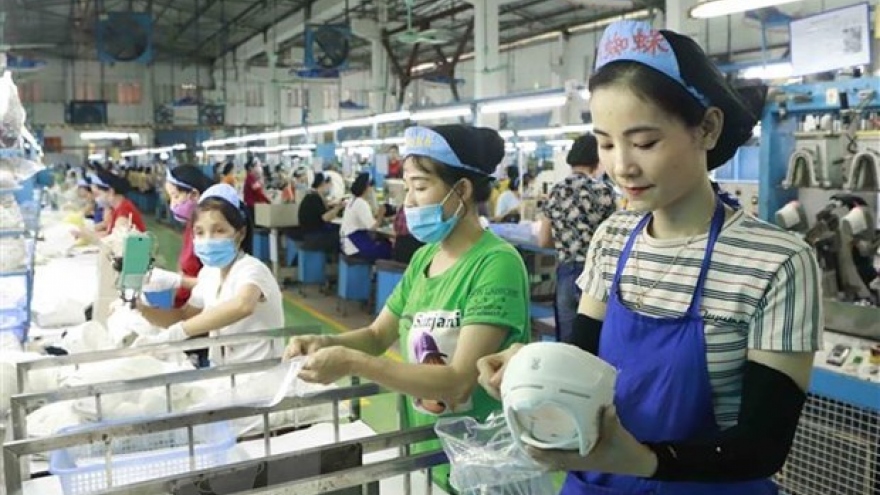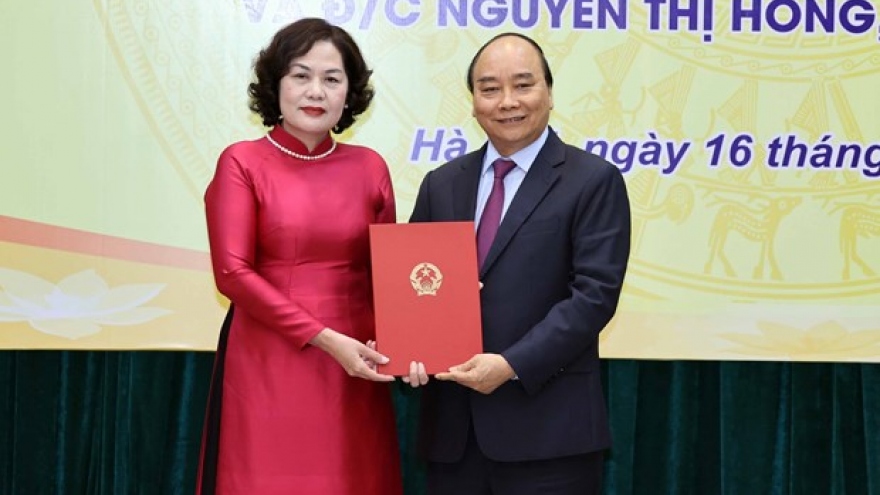Tag: banking system

Capital demand remains high after Lunar New Year holiday
The State Bank of Vietnam (SBV) has to continually inject money to support the liquidity of the banking system as the capital demand and interest rates on the interbank market have remained high though the Tet (Lunar New Year) holiday ended.

Banks’ charter capital surged in 2021
Banks increased their charter capital by more than VND110 quadrillion in 2021 - the highest annual growth to date - to enhance financial strength and meet the central bank’s regulations.

Cybersecurity crucial for ongoing digitisation of banking industry: researchers
Cybersecurity is one of the central issues in the digital transformation of the banking system.

SBV says no to more rate cuts this year
The State Bank of Vietnam (SBV) will keep the current deposit interest rates and lending rates unchanged until the end of this year to ensure the banking system’s liquidity and benefits for depositors.

Interbank interest rates cool down thanks to good liquidity
The liquidity of the banking system has risen recently, helping cool interbank interest rates.

Flexible monetary policy helps recover credit growth amid pandemic
The State Bank of Vietnam (SBV) has flexibly operated monetary policy tools to maintain liquidity for the banking system, contributing to stabilising and recovering credit growth in the context of unpredictable impacts of the COVID-19 pandemic.

Businesses advised to diversify capital sources in new context
Participants at a May 7 workshop in Hanoi recommended that Vietnamese businesses diversify capital sources funding their activities in the new context instead of being over-reliant on the banking system.

Books on Vietnamese currency, banking system released
The State Bank of Vietnam (SBV) introduced two books on the history of the Vietnamese currency and of the central bank at a press conference on April 29, to mark the 70th anniversary of the country’s banking system (May 6, 1951-2021).

Vietnamese economy remains resilient despite COVID-19
VOV.VN - The local economy has remained resilient despite the impact of the novel coronavirus (COVID-19), recording growth of 2.9% in 2020 to mark one of the highest growth rates worldwide, according to latest annual assessment released by the International Monetary Fund (IMF).

Appointment decision presented to new governor of central bank
Prime Minister Nguyen Xuan Phuc on November 16 presented the State President’s decision to appoint Nguyen Thi Hong as the Governor of the State Bank of Vietnam (SBV).









